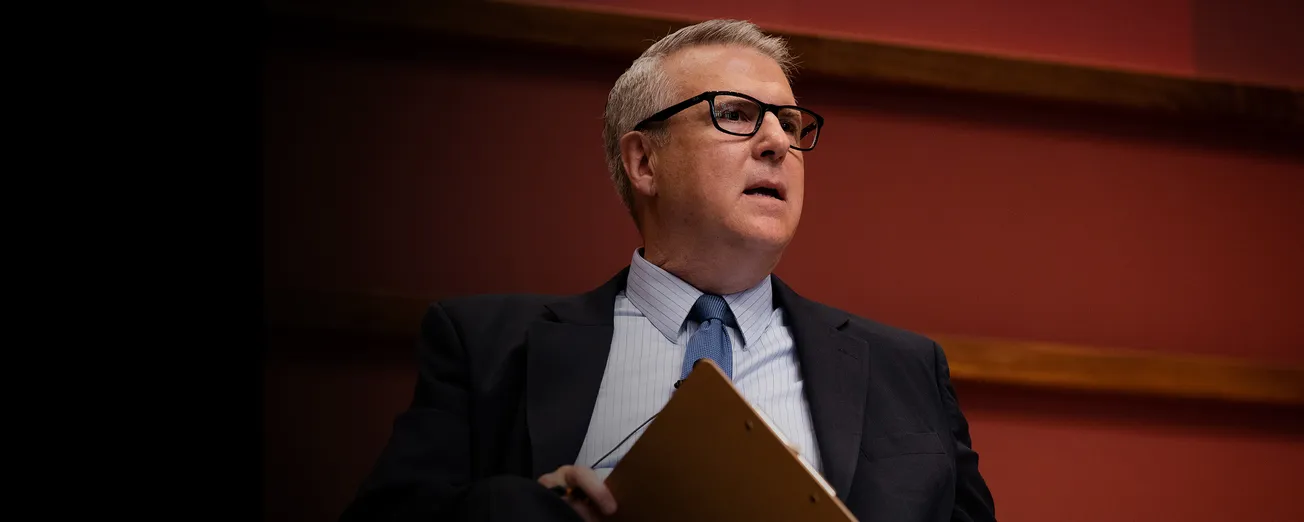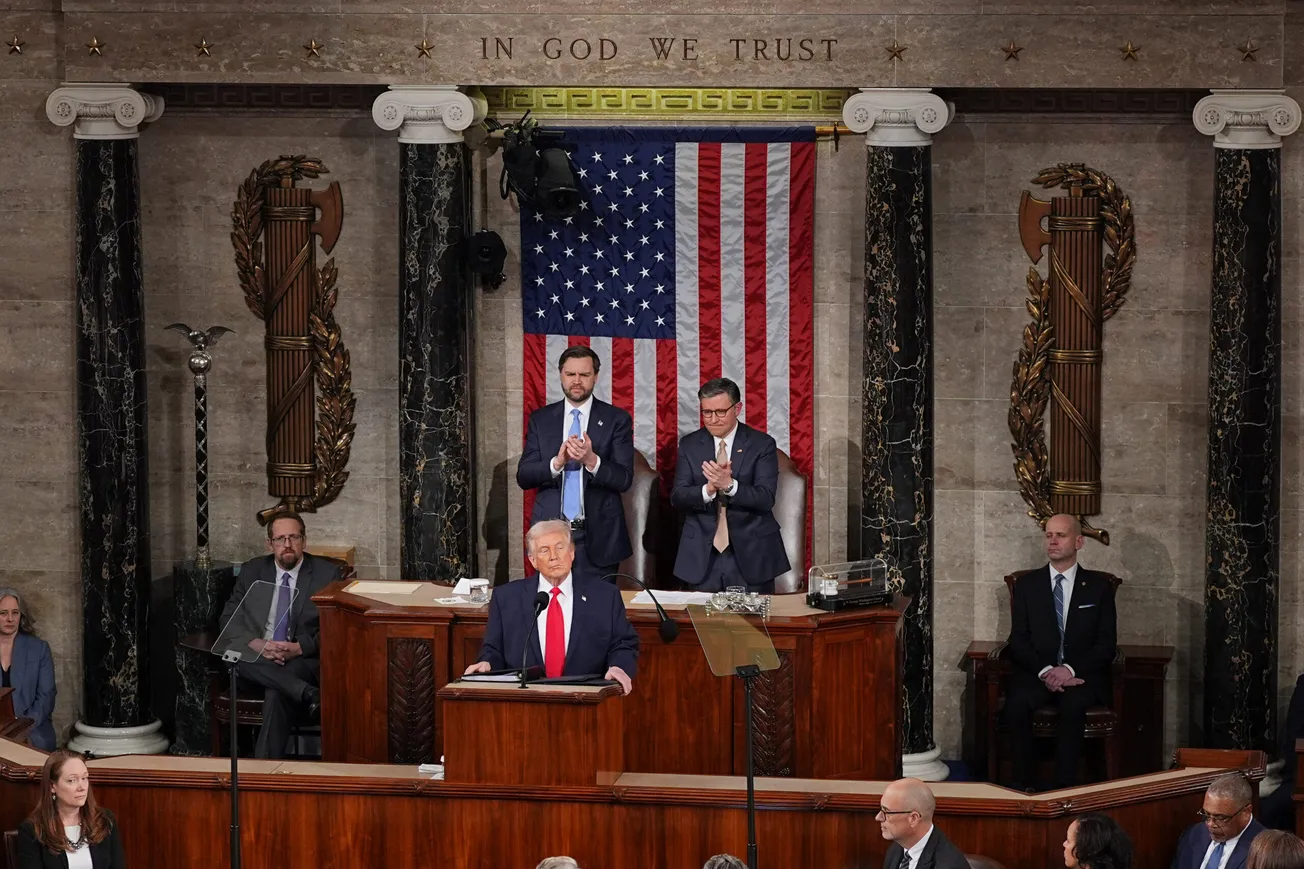Table of Contents
As unusual as the mobilization of conservative principles to raise taxes is, I believe that all free market fundamentalists have an obligation to support high estate (or “death”) taxes to maintain ideological consistency.
The primary goal of the free market should be to distribute wealth to those with the greatest merit. Those among us who are the most clever, possess the most financial acumen, and the smartest should be rewarded with capital. According to this system, power and wealth should be wielded by the intellectual elite (although it must be noted that those gifted with great talent musical, athletic, and otherwise will also be generously rewarded in this system because they do benefit society, just like those with strong intellectual firepower). There are of course exceptions to this—individuals with good timing and great luck—but fundamentally the market should reward those with the most merit. As a caveat, it is important to note that wealth is not the end all for definition of character; there are men and women who work hard and honest jobs and are not rewarded adequately. That is a flaw in free market wealth distribution, but a flaw does not beget a failure.
Merit remains an indicator of intelligence, and while not comprehensive, can certainly be indicative of worth. It is for this exact reason that I, along with many conservatives, oppose high income tax; it is a drain on the reward that an individual’s merit and effort have earned them. It impedes national development by restricting the rewards that the “best” can get, it limits the motivation of aspiring businessmen and punishes those who are already high achieving. It is a seemingly easy leap to oppose all taxes after opposing income taxes. Indeed I do oppose the Value Added Tax, the Sales Tax, and the Business Tax, but the Estate Tax should not be opposed for a very fundamental reason. If the goal of the market is merit-based allocation, there is an assumption that all players start at some base level, some starting point. From there they either prove their merit and are rewarded, or do not and realize no reward. In reality, of course, there is clearly no level starting ground.
Some individuals, particularly children of the wealthy or upper class, are given a great head start against their would be competitors. They attend private school, learn from their successful parents, retain internships through family friends and business associates, and are born into the world with a web of business connections afforded to them by their lineage. Exacerbating the inequality is inheritance. Not only will these children of wealth exit college free from student debt, an increasingly uncommon advantage, but they can also count on receiving a large inheritance. This guaranteed infusion of capital creates greater financial stability, and further could one day serve as seed money for a corporation or down payment on a house. The end result is financial advantage through money to put into real estate or equities—and money begets money.
In light of this inequality I do not believe that market must be changed, but simply the starting ground should be evened where possible. Taxation intended to effect social change is a discomforting subject, but I am not advocating taxes as a tool to change society, but instead smarter taxes placed where they do least harm. The reality is that any government (even an extremely limited one) requires a certain amount of revenue. Taxes at some level must be levied, and so we must decide where to place the tax burden to limit the damage that its collection causes.
One possible way to achieve that is to raise revenue from the estate tax exclusively and abolish income tax completely. This serves a variety of purposes. It increases the incentive for success and entices entrepreneurial individuals to the United States while simultaneously evening the playing field between children of rich and poor. Last but not least, it encourages wealthy individuals to spend while they are alive, cycling money through the economy at a faster pace.
This idea is not particularly new. Alexis de Tocqueville noted in his visit to a young America a difference between the North and South: in the North he described feverish business, a churning of industry and the making and breaking of fortunes. Not so in the old south, where strong inheritance laws protected landed families creating a hot and sluggish flow of commerce compared to the torrid North. Perhaps a shift towards high inheritance tax would invigorate a recovering American middle class.
Such strong estate tax penalties of course comes with a set of disadvantages. First and foremost, any tax levied deprives the payer of a certain degree of freedom. I believe that fundamentally that one should be able to spend their money as they see fit. But in reality taxes will be levied, and a certain degree of freedom will be degraded. Whether taken at the cash register, from businesses, from income, or from inheritance, all taxes take. The only way to alleviate that taking is to lower taxes across the board, something I advocate. But until then perhaps placing taxes carefully can help to alleviate the burden of taxation.
There are other issues with high estate taxes. Special care would need to be taken to endure that successful family farms, business, and estates were kept together. Perhaps “homestay” properties could remain in the family while estate tax is levied against its value (but not collected) through each generation. Thus the main property of a family could persist, while the equity of it is diminished over time. Final payment to the government would then be collected at time of sale, whenever that may be.
I do not pretend that high estate taxes would be grief free—all taxes levied carry with them a high price, both monetary and social. However modest revenue for a minimalist government must unfortunately be raised from somewhere, and if it can be done in such a way to allow the invisible hand pick the best among us, then that is the tax structure market-fundamentalist conservatives should consider advocating.




